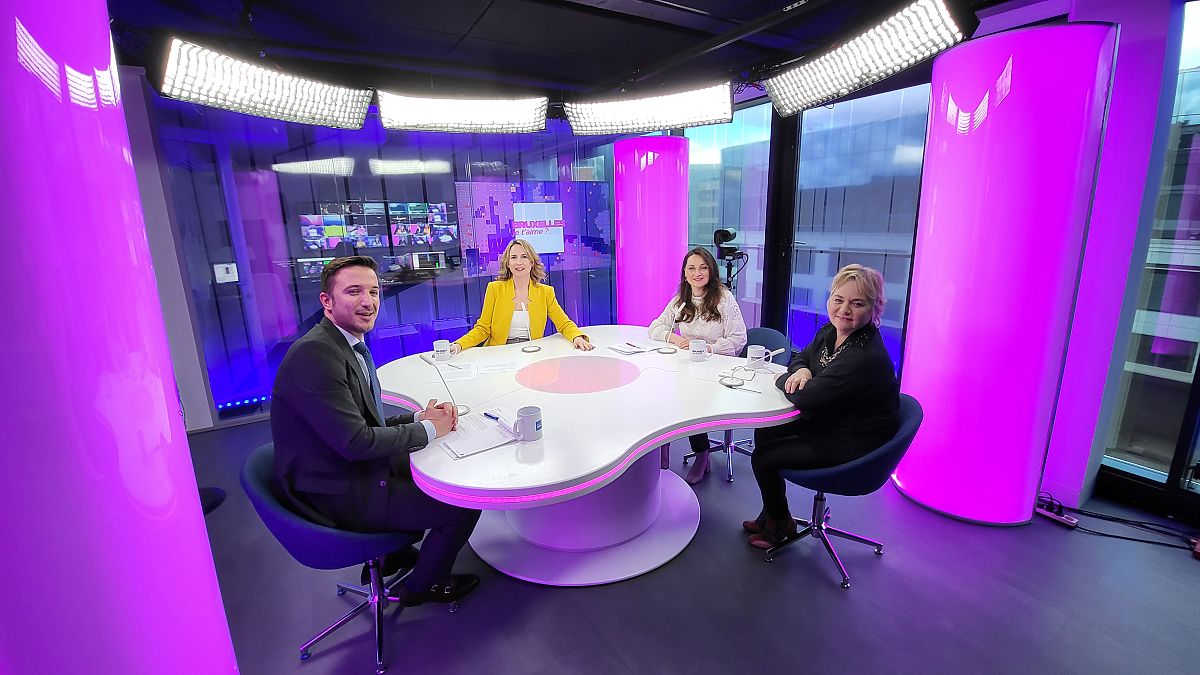Brussels, my love? Montenegro looks to take UK’s place in Europe
In this edition, we examine the decision to kick off EU membership talks with Bosnia and ask if the bloc can fix itself first. This week, we are joined by Montenegrin Ambassador Petar Marković, Professor Kalypso Nicolaïdis from the European University Institute in Florence and Teona Lavrelashvili, a member of Belgian centre-right political party Les […]


In this edition, we examine the decision to kick off EU membership talks with Bosnia and ask if the bloc can fix itself first.
This week, we are joined by Montenegrin Ambassador Petar Marković, Professor Kalypso Nicolaïdis from the European University Institute in Florence and Teona Lavrelashvili, a member of Belgian centre-right political party Les Engagés.
Panelists reflected on the recent EU summit that decided to start membership talks with Bosnia and Herzegovina, and on the other hopefuls looking to join the bloc – including four other countries in the western Balkans, Georgia, Moldova, war-torn Ukraine and Turkey.
“European citizens don’t really care about enlargement right now,”said Kalypso Nicolaïdis, adding that enlargement will mean a Europe that’s “more stable and with less Russia and China inside our borders.”
“The news was a very important milestone for Bosnia who have been waiting 20 years for this moment”, she added, while panelists also discussed the need for wider EU reforms to take place first.
Petar Marković also welcomed the news but insisted Montenegro would not wait for EU reforms to be finished. The ambassador set out why his country of 600,000 people is ready to “fill in the empty chair left by Brexit”.
“We have accelerated our reforms to an unprecedented level. Our administration is working around the clock, transposing huge chapters of the EU acquis, the body of law, working on weekends, Saturdays and Sundays,” he said. “We don’t have the luxury of time, and our ambition is to convince the European Commission by June.”
Watch Brussels, my love? in the player above.














